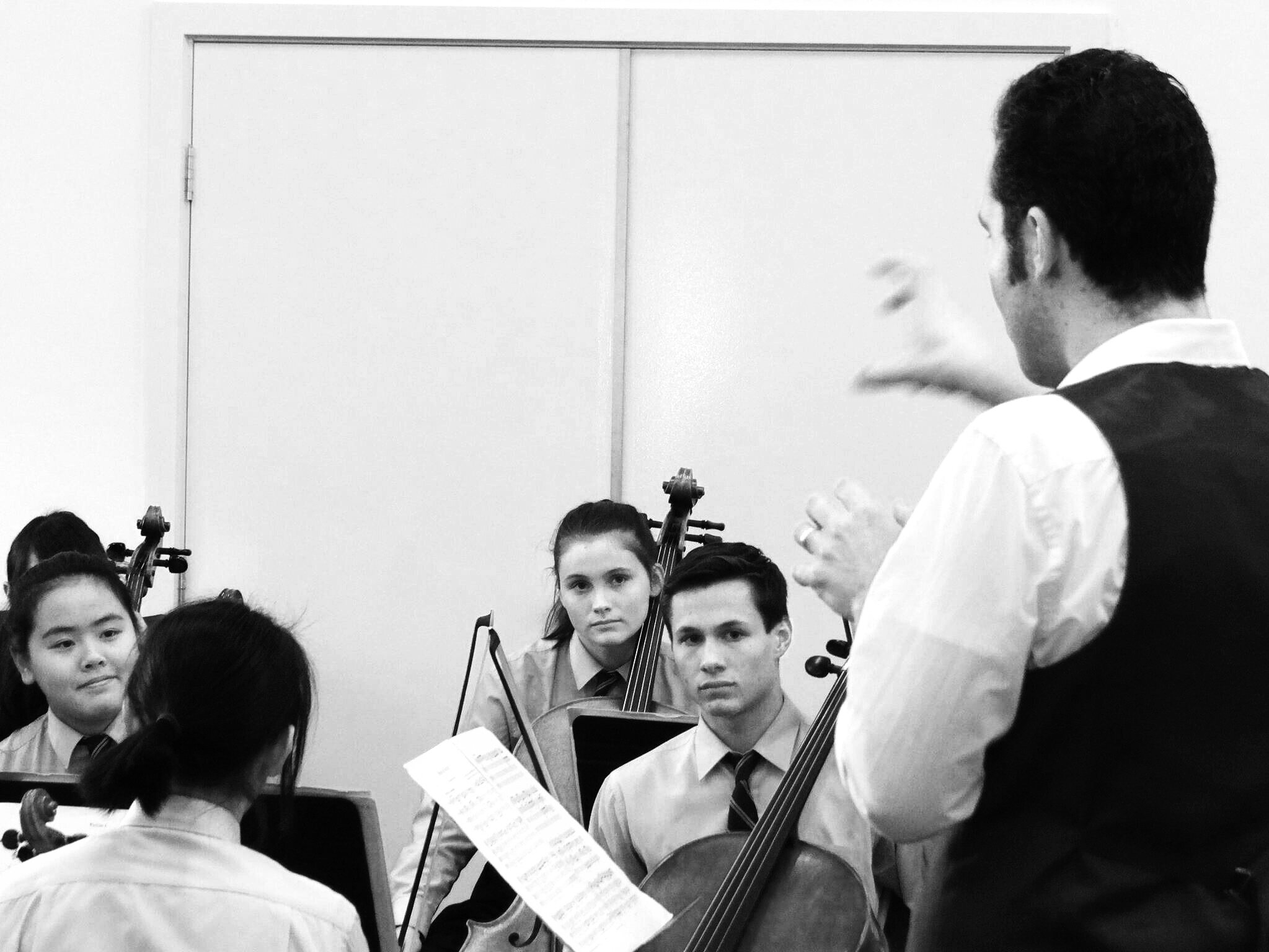Teaching Statement: Values & Aims for Aspiring Professionals
My hope for any student is that they value technique and musicality in equal measure.
We have all heard of the competition judge’s classic dilemma: does the technically flawless but musically boring competitor win, or should the top honors go to the dirtier performer that has something to say? Ideally, with regular and conscientious practice, this becomes a false dilemma, and students exhibit both strengths.
My first real teacher, a Romanian cellist taught in the old Russian school, had a singular goal and passion while teaching: Technique. I remember spending months on a proper bow hold, on learning to break a chord, on learning to shift with a loose and straight wrist. My first goal when teaching is to find new ways to teach a solid technique while still keeping lessons engaging.
The importance of proper technique cannot be overstated. It prevents injury, purifies tone and intonation, hones clarity of articulation, and shortens the learning curve for new pieces of music. It is perhaps the single biggest indicator of whether a young musician might be successful in the future.
Of course, technique is not everything. It can be best summed up by a rather distressing form of feedback Janos Starker, with a twinkle in his eye, once delivered to me after I played Piatti’s 8th Caprice for him: “If you cannot play it, make a musical moment out of it.” Musicality takes a performance to a level where technique alone cannot. Indeed, it can even be used to cover a great many sins, as the late master playfully suggested.
Musicality, in my opinion, is more than simply penciling in some dynamics into the student’s part and asking them to “phrase.” It is discussing leading to dominants or emphasizing non-chord tones… or simply not shying away from the “weird notes” if they are younger. It is pointing out individual lines in a Bach Suite and asking them what dynamics they’d do, then asking them to make it sound just as convincing with completely different dynamics as well.
While I encourage students to target concrete goals and performance opportunities such as competitions, auditions, and examinations, my overarching goal is to see them thinking for themselves, making music in a way that truly comes from within, and growing as human beings as they explore a deeper understanding of both themselves and the music they interpret. Of course, this is massively facilitated by a solid technique… and thus, we have come full circle.
